As South Korea election nears, Chinese residents in Seoul ‘stay quiet’ amid rising hostility
Wave of anti-China narratives by far-right groups has left Chinese nationals and ethnic Korean-Chinese in the country afraid for their safety
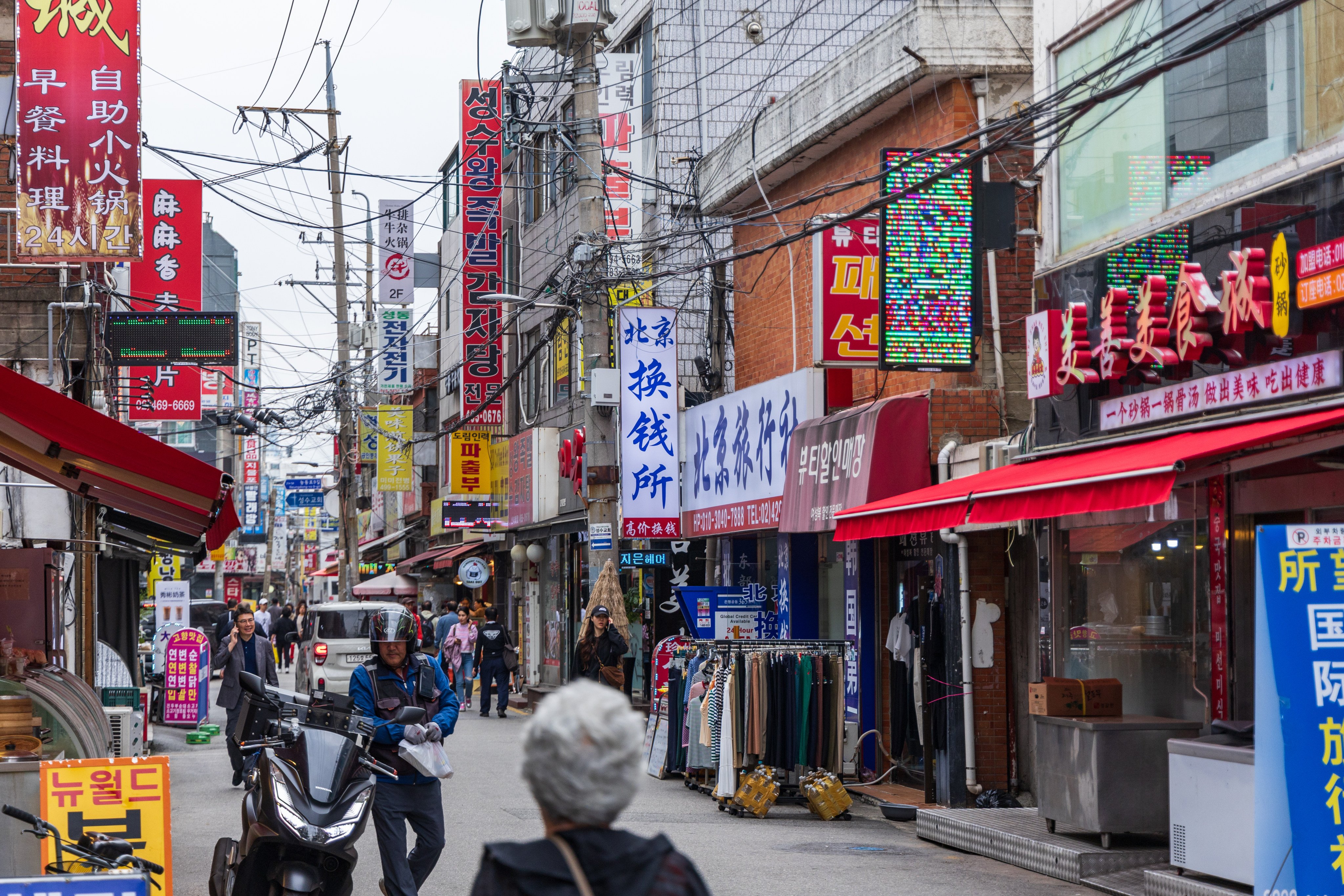
As South Korea gears up for a high-stakes snap presidential election, many Chinese nationals and ethnic Korean-Chinese residents in Seoul say they are experiencing a disturbing rise in discrimination – fuelled by political rhetoric, social media hate speech, and street-level harassment.
“We don’t want to speak about it. As a foreign national, I could be targeted,” said the owner of a Chinese restaurant in eastern Seoul, declining to share her name out of fear for her safety.
In April, a protest led by far-right groups erupted near her neighbourhood, home to a large Chinese population. Demonstrators shouted slogans including “Go back to China” , some laced with racial slurs. One employee at a local Malatang restaurant was harassed after allegedly throwing a steam cooker at the crowd. He was later taken to hospital.
“I’ve lived in South Korea for quite some time, but this is the first time I’ve seen a protest like that,” said another restaurant owner, in his 50s. “Now, every time I commute to work, I feel anxious.”
For 19-year-old Dai Wei Peng, a Chinese student from Guangdong, the change has been subtle – but palpable. “I feel like there was a change in attitude among some Koreans. On social media, the comments are more hostile. More people have become like that,” he said.
Even Mandarin speakers from outside mainland China say they have been caught in the wave. “Someone shoved me hard on the subway while I was speaking to my mother on the phone in Mandarin,” said Joseph Chung, a Taiwanese expat in Seoul. “He didn’t say anything, but I could feel the hostility.”
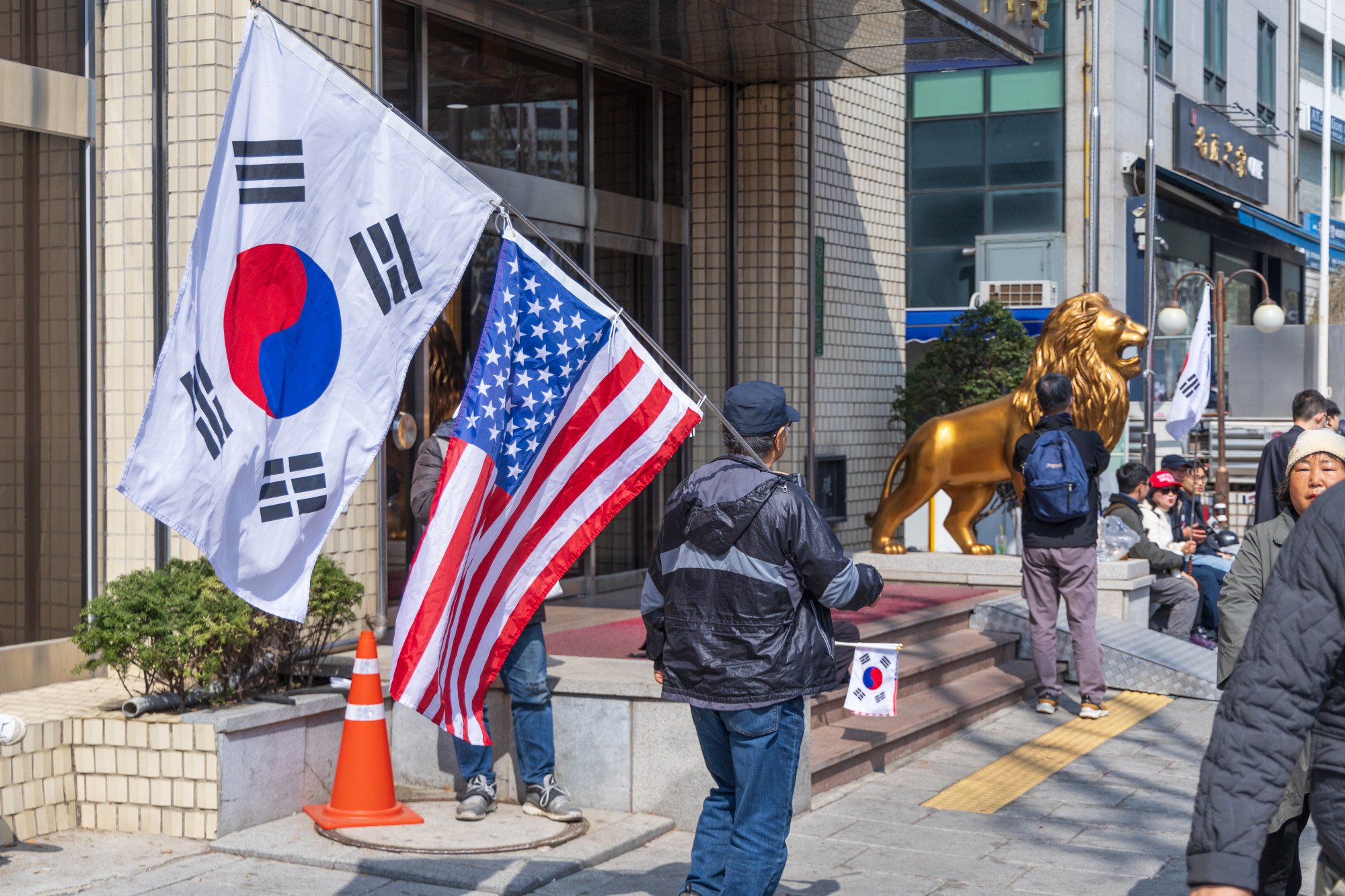
Political rhetoric heightens tensions
Observers say the surge in Sinophobia is not coincidental. Politicians from the ruling conservative People Power Party (PPP) and other far-right factions have increasingly leaned into anti-China narratives to rally their base ahead of the snap presidential election, scheduled to be held on June 3, following former president Yoon Suk-yeol’s impeachment.
From accusations of election interference to complaints over trade and “bullying diplomacy”, China has become a favourite political punching bag.
In one high-profile case, far-right outlet Sky Daily falsely reported that 99 Chinese agents were arrested during Yoon’s controversial martial law decree for tampering with South Korea’s election servers. The claim, debunked by authorities, was amplified by YouTube channels and online forums.
The trend has filtered into mainstream discourse.
“Lee Jae-myung is trapped in Little Sinocentrism,” said PPP spokeswoman Baek Ji-won, referring to the liberal presidential candidate. Minor conservative party candidate Lee Jun-seok has claimed South Korea is “in danger” under leaders captivated by the “Chinese Dream”.
“This kind of rhetoric by politicians that attack the Chinese has real-world consequences,” said Song Eun-jung, head of Migrant Centre Friend, an NGO that offers legal support to migrant workers. “They create public discourse that characterises China and the local Chinese community as being problematic. The politicians and government are inciting hate and discrimination … The media also fuels it by almost live-streaming this conflict.”
There has been no official response so far from the government denouncing the discrimination.
On Korean platforms such as DC Inside and Naver, posts decrying the “China threat” or mocking “dirty Chinese tourists” have gone viral – frequently using racist epithets.
According to a 2022 survey conducted as part of the Sinophone Borderlands Project, 81 per cent of South Koreans viewed China unfavourably, up from 61 per cent in 2015. Analysts say the shift has been politically weaponised.
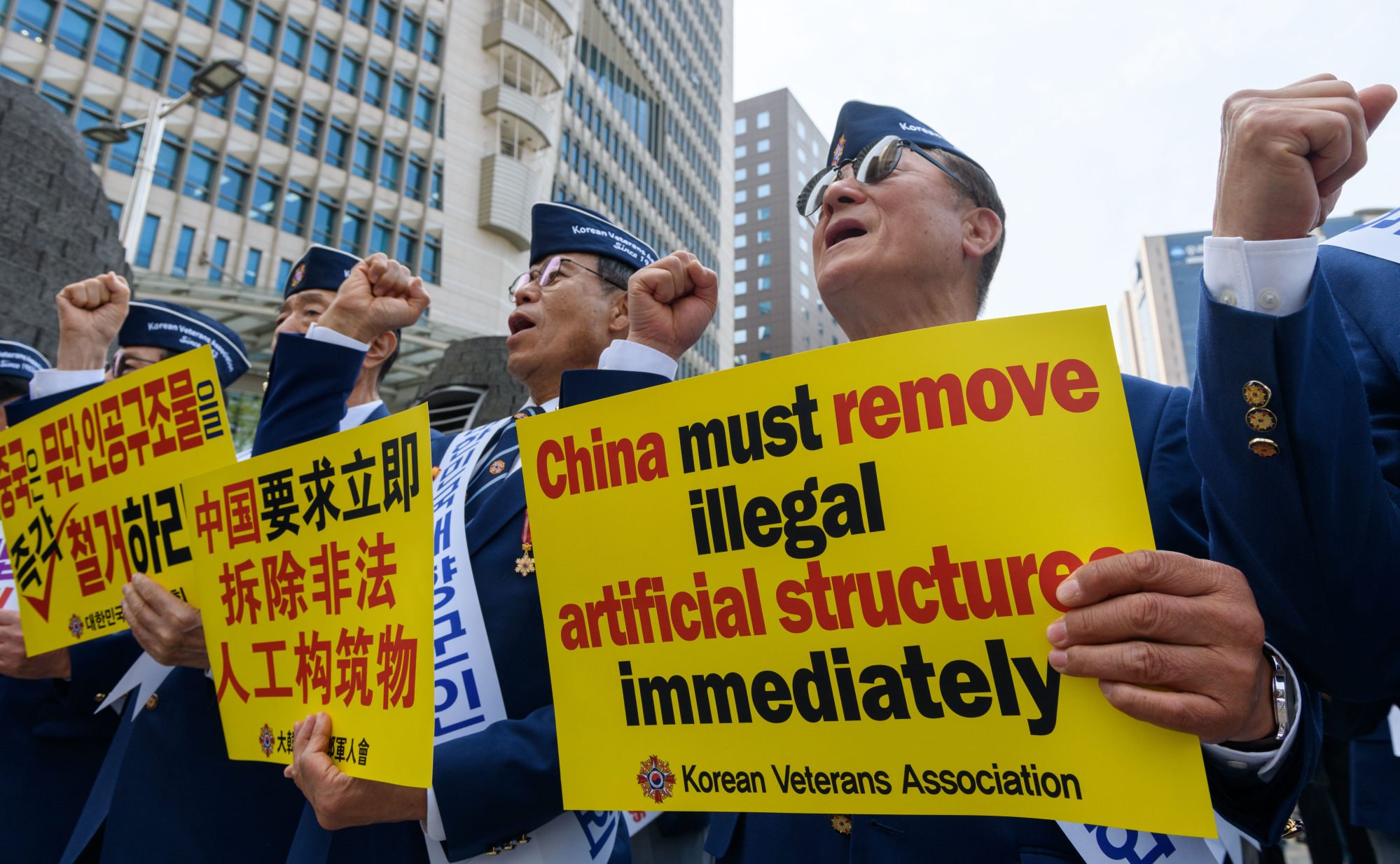
Shifting scapegoats
Anti-China narratives are nothing new, but some analysts say the vitriol has intensified since Yoon’s failed attempt to declare martial law last December.
“Before that, anti-China sentiment was wrong but often rooted in real events – like China’s retaliation over [the anti-missile system] THAAD or disputes over cultural appropriation,” said Ha Nam-suk, associate professor at the University of Seoul’s Department of Chinese Language and Culture.
“Since Yoon’s martial law crisis, the hatred has become more rooted in conspiracy theories and fake news,” he added, pointing to allegations of Chinese spies and election meddling that lacked credible evidence.
Lee Ye-chan, a 24-year-old district representative from the Democratic Party of Korea, South Korea’s liberal party, says this is a shift in political strategy.
“The fear-based targeting that used to be aimed at North Korea is now being redirected towards China,” he said. “It’s bad politics, and it’s fear-based politics – scapegoating an entire group to distract from real issues.”
His district, Yeongdeungpo-gu, has one of the largest Chinese communities in Seoul.
“I receive reports of online threats against my district’s Chinese neighbourhoods regularly. I send them to the authorities and urge them to act swiftly,” he said. “These far-right groups have a history of violent action.”
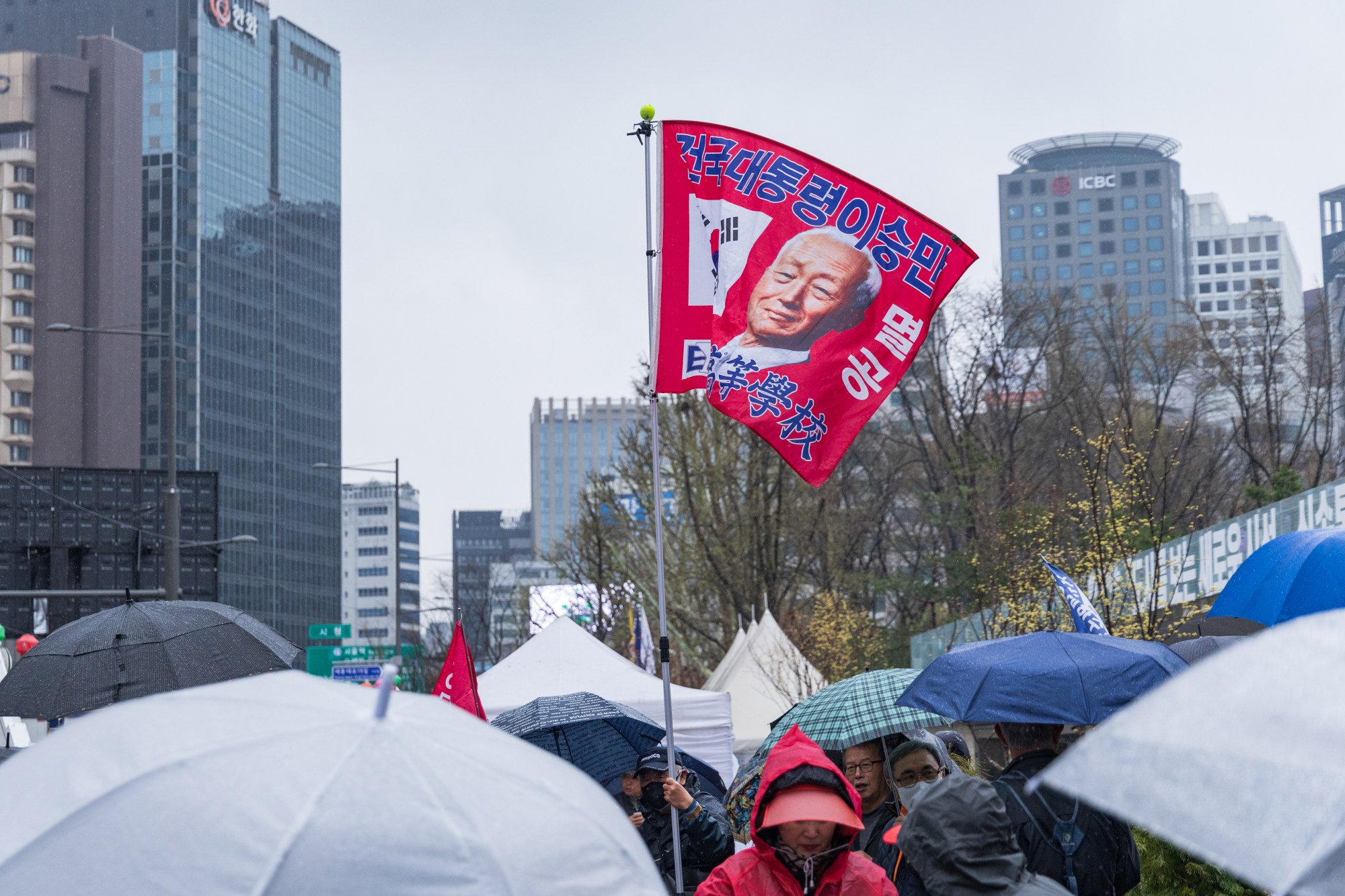
Stuck in the middle
The wave of hostility has not only affected Chinese nationals – it has also been deeply felt by ethnic Koreans from China, known as Joseonjok, many of whom face discrimination in both countries.
“It’s a difficult time for everyone, including Koreans, but of course we experience more discrimination, being of foreign origin,” said Moon Min, a Korean-Chinese educator who moved from China’s Heilongjiang province to Seoul 30 years ago.
“But our people also experience discrimination in China as well, we are stuck in the middle,” Moon added.
Moon, who became a naturalised South Korean citizen, said she was “embarrassed” by the rhetoric coming from political leaders.
“One conservative candidate, Hwang Kyo-ahn, claimed Chinese immigrants are wasting Korean taxpayers’ money … But in many schools, it’s foreign students – including Chinese – keeping them open,” she said.
“Living here for so long, I have become desensitised to the discrimination.”
According to a 2020 survey by South Korea’s Ministry of Justice, the country is home to an estimated 700,000 Korean-Chinese residents. Many say they face ongoing challenges accessing public services and fair labour rights, and often feel misrepresented by Korean media.
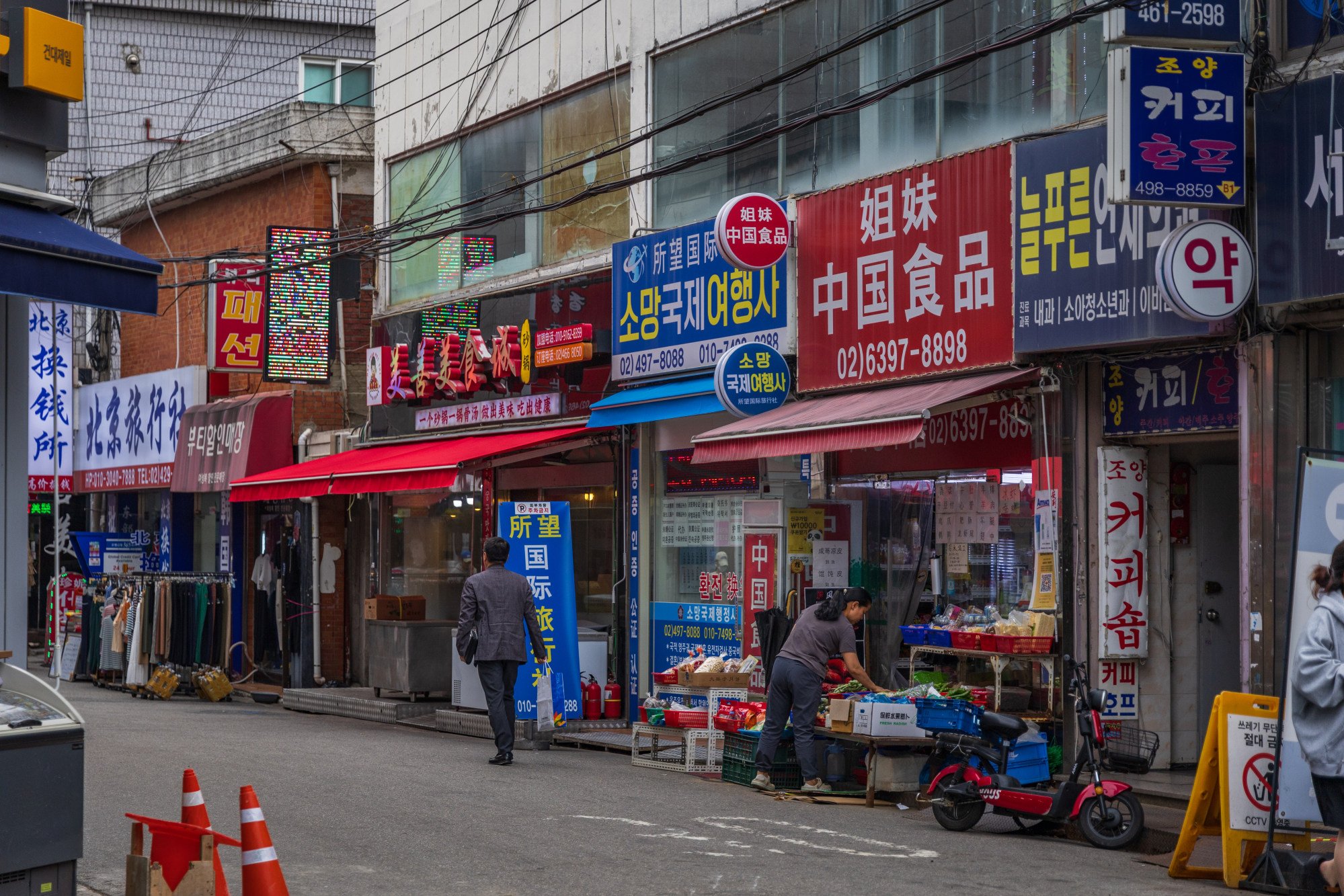
‘Keep our heads down’
While not all Koreans share anti-China views, many Chinese residents say they have learned to stay quiet.
“We can’t talk about it,” said a shopkeeper in Jayang-dong, a Seoul neighbourhood dubbed “Little China”. “If we want to continue doing business here, we have to keep our heads down.”
On RedNote, a Chinese social media platform popular among students and expats, posts by Chinese residents in South Korea urge others to stay indoors during protests and avoid speaking Mandarin in public. “We must stay quiet,” one post read.
But advocates say silence is not a long-term solution.
“This is why we need an anti-discrimination law,” said Song from Migrant Centre Friend. “We continuously urge the government to take hate speech seriously and implement regulations.”